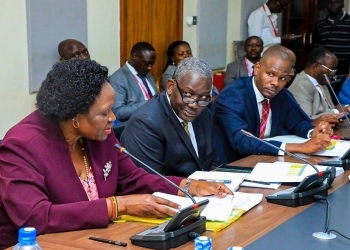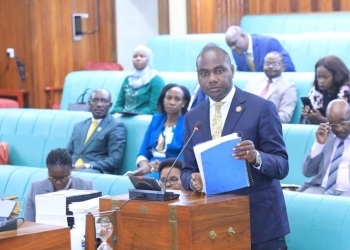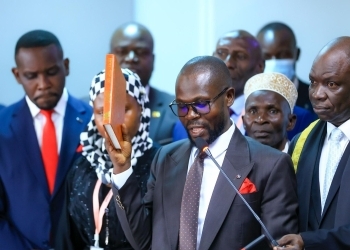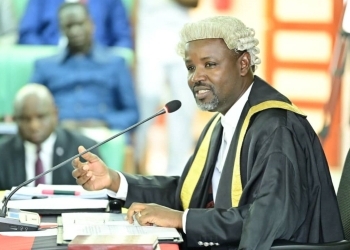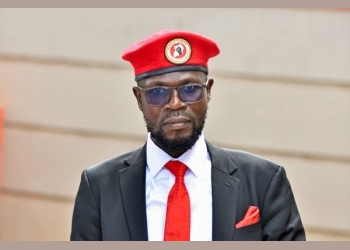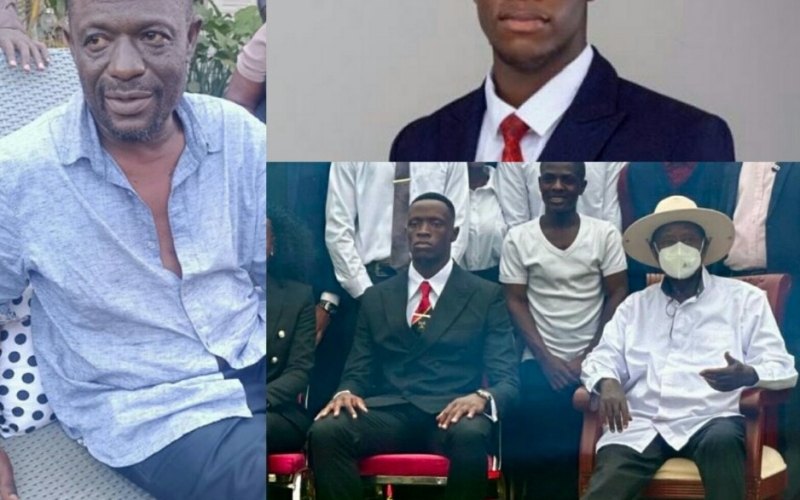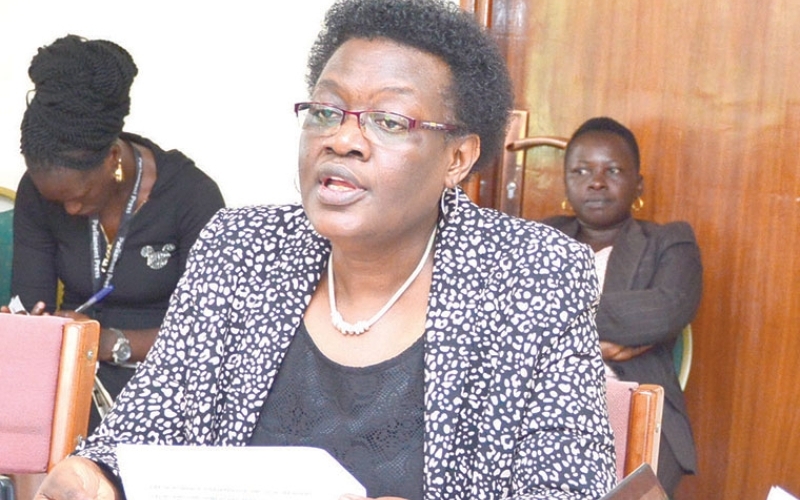
The constitutional court has ruled that Section 24 of the Computer Misuse Act, which makes cyber harassment a crime is legal. In a unanimous decision written by Justice Irene Mulyagonja, the constitutional court said it cannot sanction the act of harassing people whether offline or online regardless of their status as private or public individuals.
“Simply stated, cyber harassment is harassment of an individual or a group of persons that is perpetrated using the internet. Paragraph 2 (c) of the impugned provision elucidates this when it explains that the offense is constituted where one knowingly permits any electronic communications device to be used for any of the purposes mentioned in section 24 of the Act. It would be a sad day if this court found that the repeated harassment of any person, whether online or offline, is a lawful form of expression. Therefore, I would find that section 24 (2) (a) of the Computer Misuse Act is not in contravention of Article 28(12) of the Constitution. It provides sufficient explanation of what is prohibited and so does not go against the principle of legality guaranteed by the Constitution,” the ruling reads in part.
Mulyagonja’s decision followed a petition filed by the Uganda Law Society in 2017 challenging the legality of sections 24 and 25 of the Computer Misuse Act. They argued that the said sections were contrary to articles 28, 29, and 43 of the constitution, which guarantee the freedom of speech and expression and establish the parameters through which these freedoms can be curtailed.
The petition was also consolidated with another by Gwogyolonga Swaib Nsamba, Unwanted Witness Uganda and Human Rights Enforcement Foundation in which they challenged the legality of Section 179 of the Penal Code Act, which provides for criminal libel.
In her ruling, Mulyagonja held that she couldn’t relitigate Section 25 of the Computer Misuse Act and section 179 of the Penal Code on criminal libel because they had sufficiently been dealt with by the same court previously.
“This court in Andrew Karamagi & Robert Shaka V Attorney General Constitutional Petition No 005 of 2016, considered the question whether section 25 of the Computer Misuse Act, 2011 is inconsistent with and in contravention of Article 29 (1) (a) of the Constitution. The petitioners therein complained that an impugned provision is an insidious form of censorship that restricts the free flow of opinions and ideas essential to sustain the collective life of the citizenry in the digital age; it is vague and overly broad; and there is no evidence that Government could not achieve the intended purpose with less drastic measures…In conclusion, there is no need for this court to render another interpretation of section 25 of the Computer Misuse Act vis-à-vis Articles 29 (1) (a), 28 (12)and 43 (2) (c) of the Constitution, since it was already concluded in the case of Andrew Karamagi (supra),” Mulygonja ruled.
In the case of criminal libel, she maintained the court’s ruling in the Joachim Buwembo and others where the court ruled that the media has a duty not to publish any stories that are prejudicial to the reputation and character of any person.
The court held then that; "The freedom of expression in Uganda should be enjoyed within the restrictions imposed by section 179 of Penal Code Act. Holding that section 179 is unconstitutional would mean that the right of freedom of expression is unlimited and thus this would contravene Article 43 of the Constitution." The other judges on the panel were; Cheborion Barishaki, Stephen Musota, Muzamiru Kibeedi, and Monica Mugenyi.



